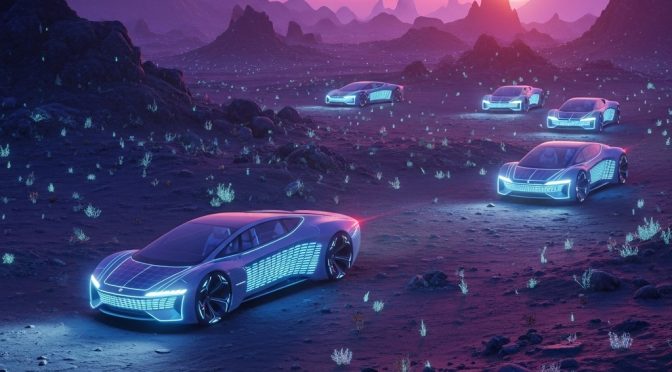While the buzz around electric vehicles (EVs) is undeniable, a closer look reveals that the transition to an all-electric future might not be happening as quickly as some would hope. Are car manufacturers truly all-in, or are they subtly pumping the brakes?
The Promise vs. Reality
Many manufacturers have made grand pronouncements about their commitment to EVs, setting ambitious timelines for phasing out gasoline-powered cars. However, these commitments often come with caveats.
- Production Capacity: Scaling up EV production requires massive investments in new factories and battery supply chains. Some manufacturers are hesitant to make these investments, especially given the current uncertainties in the global economy.
- Profit Margins: EVs are generally less profitable than their gasoline counterparts, at least for now. This creates a financial disincentive for manufacturers to fully embrace EVs.
- Consumer Demand: While EV demand is growing, it still represents a relatively small portion of the overall car market. Manufacturers are wary of alienating their existing customer base, who may not be ready to switch to EVs.
- Infrastructure Challenges: The lack of widespread charging infrastructure remains a significant barrier to EV adoption. Manufacturers are hesitant to flood the market with EVs when there aren’t enough places for drivers to charge them.
The “Holding Back” Strategy
Some industry observers argue that certain manufacturers are deliberately slowing down the transition to EVs. Their reasoning?
- Protecting Legacy Investments: Manufacturers have billions of dollars invested in gasoline engine technology. They may be reluctant to abandon these investments prematurely.
- Lobbying Efforts: Car companies have historically lobbied against stricter emissions regulations. Some fear they may be trying to delay policies that would accelerate the shift to EVs.
- Focus on Hybrids: Plug-in hybrids offer a compromise between gasoline and electric power. Some manufacturers may be prioritizing hybrids over pure EVs, as they are seen as a less risky option.
The Road Ahead
Despite the potential roadblocks, the future of the automotive industry is undoubtedly electric. The question is not if but when the transition will be complete. While some manufacturers may be hesitant, the pressure from governments, consumers, and technological advancements will eventually make an all-electric future inevitable.
Would you like me to elaborate on any of these points, or perhaps explore the perspectives of specific car manufacturers?
